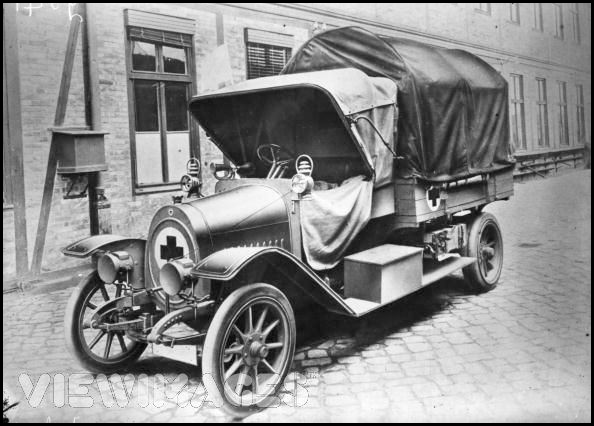
Life
Class
Pat Barker
(Doubleday)

Today's New York Times has an article about American universities setting up multiple campuses overseas. In Doha, Qatar's capital, one can study medicine from Weill Medical College (Cornell University), international affairs (Georgetown), computer science and business (Carnegie Mellon), fine arts (Virginia Commonwealth), engineering (Texas A&M), and soon, journalism (Northwestern University).The reason we bring this up is because we were thinking that if the University of Iowa got smart they would export their Graduate Writer's Program to England, linking up with Pat Barker's old alma mater, the London School of Economics. Ms. Barker could then return to school and study some of the basic elements of style. She might, for example, take time out to study appropriate vocabulary ... the simple choice of words. This means that in her next novel --- she's churned out ten now --- we would be free of such brain-twisters as "His trouser buttons strained to accommodate his postprandial belly;" "Those muculent eyes of his;" "The blood was thickening in his neck;" "Grayish-green eyes, the color of infected phlegm."
A walk through the woods can turn into an encounter with no little mucous: "Leaves brushed the back of his neck, he felt the wetness of cuckoo spit on his skin." Then there are the runnels, and those noisy napes: "...he noticed how the hairs at the nape of her neck, fairer than the rest, crept into the center, half covering the tender runnel of white flesh. When they first met, the nape of Elinor's neck had kept him awake at night."
When Ms. Barker embarks on matters of The Big Itch, whole sentences can torment us, turn clinging: "He [Paul Tarrant] freed his cock from the cling and torment of his underpants..." There can be subtle shades of purple, worthy of the earlier, wetter days of Penthouse: "...she kissed him there, licking and mouthing the purple, glistening knob."
He lay half beside her, half on top, nuzzling her neck, shoulders, breasts, smelling the bitter almond smell of her nipples, brushing his face from side to side on her belly. A hot, briny tang was perceptible under the sweetness ... A goods train rumbled past.
For those of us addicted to Chandler, bitter almond is sure to mean arsenic rather than a hot briny tang; but maybe that's the point. Teresa Halliday --- or possibly all the Barker womenfolk for that matter --- are to be considered as strictly poison, if they are not evolving into great, expansive lawns:He caught her smell --- peppery, intimate --- as she bent over him. The dark circle of a nipple pressed against the white lawn of her blouse. He detected, or imagined he could detect, that bitter almond smell..."
Finally, there's the matter of le baiser langoureux. The artist Kit Neville may be fleshy, soft, and ungainly, but he has a muscular tongue that he uses with the force of an Oxbridge oarsman heading up the Thames: "Nothing now except his strong muscular tongue thrusting against hers..."
For some reason --- except for the steamier passages --- this klunky style reminds me of Theodore Dreiser. Dreiser, like Barker, had a fairly important message, one of people tangled in society's viciousness. The American Tragedy and Sister Carrie are gripping stories, but to make it to the end one has to slog through a prose style that went out with John Bunyan (or, in Barker's case, Oui Magazine).The Booker people apparently thought enough of Barker to give her a prize for The Ghost Road, an earlier WWI novel. Maybe they liked the way she married history --- psychological history, European history, real life characters (Wilfred Owen, Siegfried Sassoon, Dr. W. H. R. Rivers) --- with fiction. Unlike some of us, they didn't seem bothered by the fiction's friction, and all them lawns, strewn with nipples and knobs ... purple (glistening) knobs.
I hasten to add that Barker is no slouch in the plot department. Once you get past all the pokeweed, her story sucks you right in. By, say, page 250, I was entranced. When the artists --- Elinor Brooke, Paul Tarrant and Kit Neville --- finally make it to Ypres (it's fall 1914: they are working in medical tents two miles from the front) the plot takes over, the story carries us right along.
But even here, we can feel the heavy hand of the author, working overtime to make a point. The very first casualty the very first in the Red Cross station there in Flanders is a bad weenie case. "Shrapnel had come through from the back and severed the penis at the base. As they watched, urine welled up from the hole in his groin, hot acid spreading over raw flesh." Some of us might vote here for a neck wound, a smashed arm, perhaps a simple prolapse.
Barker has made WWI her own. She got the Booker for the first volume of the trilogy Regeneration. I'm a WWI trench-warfare nut, so got to slog through all three volumes of that baby. It was, as Yogi Berra had it, déjà vu all over again. A great war story of what they had the temerity to call "the Great War," with a worthy message: if you are going to send young men out to maul each other in the trenches, and if they fall apart, and if you send them home to a psychiatric hospital --- what is the responsibility of the chief shrink? Is it to patch up their psyches just enough so they can be shipped out again to keep on murdering the enemy (and their souls)? Or should it be enough just to acknowledge the general madness of war, the specific lunacy of trench warfare, then go on from there? Again, Barker's writing quirks kept popping up throughout Regeneration. What a pity that her howlers could pull us away from such an important, powerful and moving story.
--- Lolita Lark